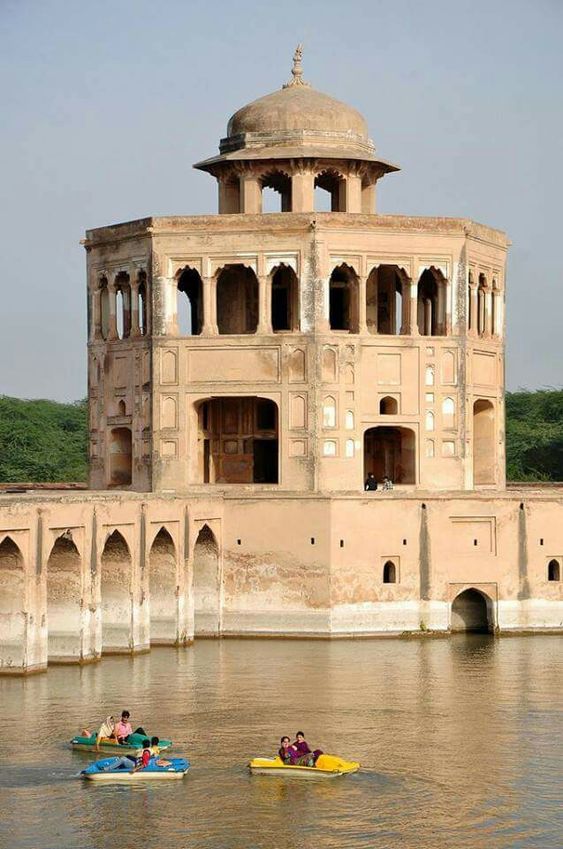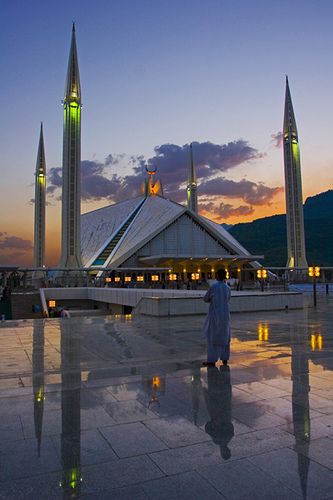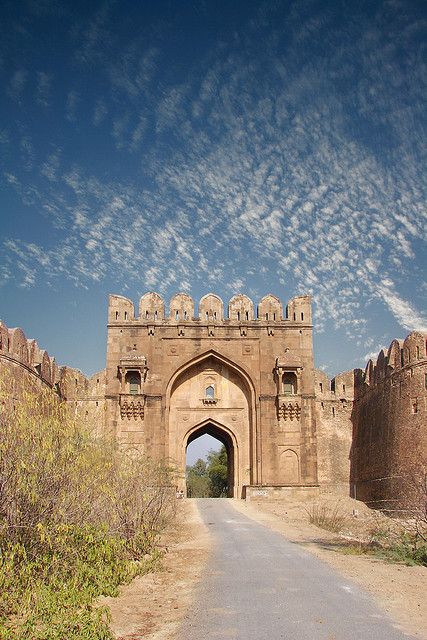
Transforming Urban Landscapes: A Closer Look at Urban Planning in Pakistan
A Closer Look at Urban Planning

Introduction
Urbanization is rapidly transforming the landscape of cities in Pakistan. With a burgeoning population and increasing demands for infrastructure, transportation, and sustainable development, urban planning has become more crucial than ever. In this blog post, we delve into the key initiatives and development projects shaping the cities of Pakistan, addressing various issues and challenges along the way.
Infrastructure Development
Infrastructure is the backbone of any city. In Pakistan, numerous infrastructure projects are underway to improve connectivity and enhance the quality of life for urban dwellers. From the construction of new highways and bridges to the expansion of public transportation networks, these initiatives aim to ease congestion and facilitate smoother movement within cities. Notable projects include the Lahore Ring Road, Karachi Green Line Bus Rapid Transit (BRT) system, and the Islamabad Metro Bus Service, which have already started to make significant impacts on urban mobility.
Sustainability Initiatives
Sustainability lies at the heart of modern urban planning efforts in Pakistan. As cities grapple with environmental degradation and climate change, there is a growing emphasis on adopting green technologies and practices to mitigate their impact. Sustainable development projects, such as green building certifications, rainwater harvesting systems, and renewable energy installations, are increasingly being integrated into urban landscapes. Additionally, initiatives to promote green spaces, such as parks, community gardens, and urban forests, contribute to improving air quality, reducing heat island effects, and enhancing the overall livability of cities.
Challenges and Opportunities
Despite the progress in urban planning and development, Pakistan faces various challenges on the path to sustainable urbanization. Rapid population growth, inadequate infrastructure, informal settlements, and governance issues pose significant hurdles to effective planning and implementation. However, these challenges also present opportunities for innovation and collaboration. By leveraging technology, engaging stakeholders, and adopting participatory approaches, cities in Pakistan can overcome these obstacles and create more inclusive, resilient, and sustainable urban environments for future generations.
Urban planning plays a pivotal role in shaping the future of cities in Pakistan. Through strategic investments, policy interventions, and community engagement, cities can address the complex challenges of infrastructure, transportation, and sustainability while unlocking their full potential for growth and prosperity. By fostering a culture of innovation and sustainability, Pakistan's urban centers can emerge as vibrant hubs of economic activity, social cohesion, and environmental stewardship in the years to come.




